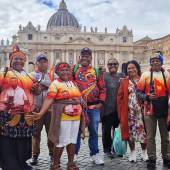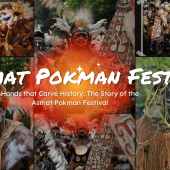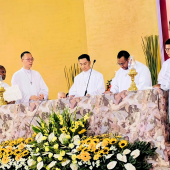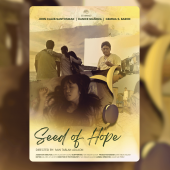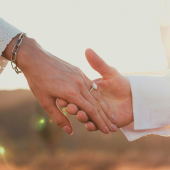West Papua: A struggle for freedom and identity
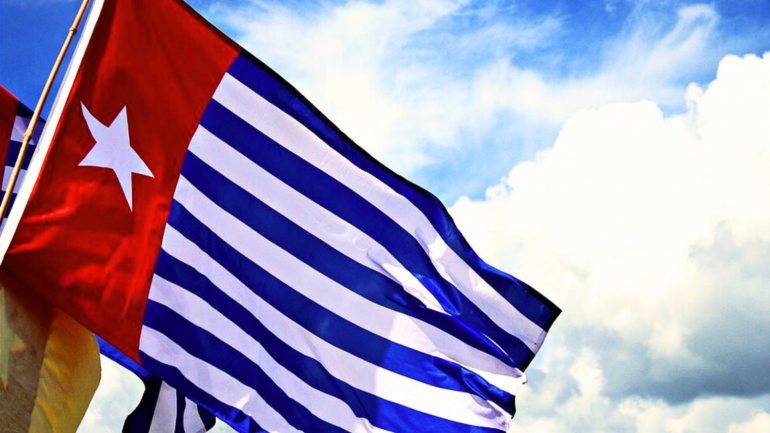
West Papua, one of the world’s most resource-rich and culturally diverse regions, continues to endure decades of political repression, economic exploitation, and cultural erasure under Indonesian control.
As the neighboring country of Papua New Guinea celebrates its independence, the Indigenous Melanesian people of West Papua remain locked in a long-standing struggle for self-determination, one that has received limited global attention despite ongoing human rights abuses.
A Land of Riches and Resistance
Comprising Indonesia’s Papua and West Papua provinces, the region spans over 400,000 square kilometers of rainforest, mountains, and coastline. Home to more than 250 tribal groups speaking over 300 languages, West Papua is a cradle of biodiversity and indigenous heritage. Yet, transmigration policies have made Papuans minorities in their ancestral lands.
From Dutch Colony to "Act of No Choice"
Once known as Dutch New Guinea, West Papua was on track for independence in the 1960s. But after Indonesia’s claim and the 1969 “Act of Free Choice,” in which just over 1,000 handpicked Papuans were coerced into voting for integration, the region fell under Indonesian rule. The vote has been widely condemned as illegitimate and symbolic of stolen sovereignty.
Decades of Repression
Since then, violent crackdowns have met armed resistance by groups like the Free Papua Movement (OPM). Human rights groups report a long history of:
-
Extrajudicial killings
-
Torture and arbitrary arrests
-
Suppression of protests and cultural expression
-
Sexual violence and forced displacement
Cultural Suppression
Repression in West Papua extends beyond physical violence; it targets the very heart of Papuan identity. Indonesian authorities have implemented policies aimed at cultural assimilation, including:
-
Banning the Morning Star flag, a powerful symbol of Papuan independence
-
The authorities have criminalized songs, dances, and public expressions that are related to sovereignty.
-
Restrict the use of Indigenous languages in educational settings.
-
This promotes a national identity that overlooks and marginalizes local traditions.
Despite these efforts, many indigenous Papuans continue to resist cultural erasure. They preserve their languages, rituals, and symbols with determination and pride. Christian churches across the region play a vital role in this resistance, acting as centers of cultural preservation, spiritual refuge, and social solidarity.
Exploitation Amid Abundance
West Papua is abundant in natural resources — gold, copper, timber, oil, and natural gas. Yet, the economic benefits of this wealth rarely reach the indigenous population.
A prime example is the Freeport-McMoRan Grasberg Mine, one of the world’s largest gold and copper mining operations. Located in the central highlands, the mine has generated billions in revenue, primarily benefiting the Indonesian government and foreign investors. Meanwhile, Papuan communities have borne the brunt of its environmental and social costs.
Local communities faced
-
Environmental destruction has occurred, which includes the pollution of rivers and damage to ecosystems.
-
Displacement from ancestral lands
-
Health issues linked to mining activities
-
Despite the region’s resource wealth, widespread poverty and unemployment persist.
The economic gap is clear: while migrants from other parts of Indonesia often secure jobs and business opportunities, native Papuans remain marginalized in their land.
A Rising Generation, a Global Cause
A new wave of young, educated Papuan activists is using digital platforms, legal advocacy, and global alliances to raise their voices. Figures such as Benny Wenda and Veronica Koman have brought West Papua's plight to international attention. Solidarity movements are growing across the Pacific and beyond.
The Call for Global Solidarity
While Indonesia promotes development and special autonomy in West Papua, many argue that these measures sidestep the core issue: the right to self-determination. International bodies, including the UN, have been largely silent, prioritizing diplomatic ties over justice.
However, there may be a shift in the situation. Regional voices from the Pacific Islands Forum and Melanesian Spearhead Group have spoken out. Civil society, churches, and environmental groups are increasingly aligning with the Papuan cause.
West Papua is not calling for vengeance but for dignity, justice, and the right to choose its future. It is time for the world to listen—and act.
Radio Veritas Asia (RVA), a media platform of the Catholic Church, aims to share Christ. RVA started in 1969 as a continental Catholic radio station to serve Asian countries in their respective local language, thus earning the tag “the Voice of Asian Christianity.” Responding to the emerging context, RVA embraced media platforms to connect with the global Asian audience via its 21 language websites and various social media platforms.









